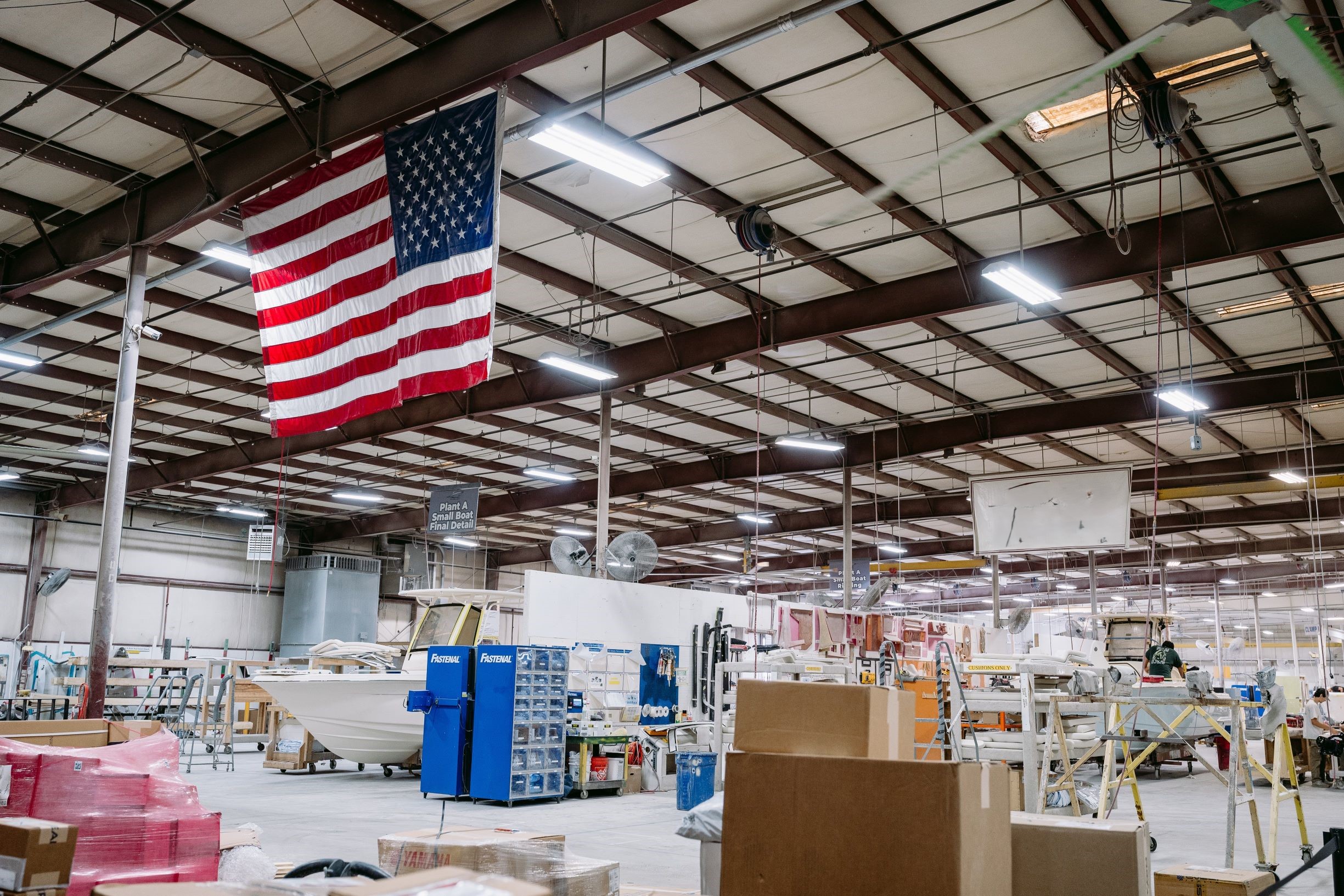Final Week of October Begins with Several Trade Announcements
The government is shutdown, but U.S. trade and tariff news is not. In the past several days:
- NMMA officially opposed several Section 232 steel and aluminum inclusions requests.
- President Trump also noted on social media that he would pause U.S.-Canada trade negotiations and increase the tariff on Canada by 10% due to a campaign advertisement from Ontario Premier Doug Ford.
- The White House announced trade agreements with Malaysia and Cambodia, and trade frameworks with Vietnam and Thailand.
- President Trump is in Asia and set to meet with Chinese President Xi Jinping later this week.
For the Section 232 inclusion requests, this was the second round of requests – requestors asked the Department of Commerce to subject nearly 700 HTS Codes – including marine products – as derivatives of steel and aluminum and the 50% tariff.
- NMMA filed nine separate opposition comments covering more than a dozen HTS codes used by the recreational marine industry.
For Canada, NMMA and NMMA Canada continue to monitor official announcements for any implementing documents on a potential 10% tariff increase.
- The fallout has disrupted what had been promising discussions to stabilize North American trade under the U.S.–Mexico–Canada Agreement (USMCA), especially as the public consultation for comments on the joint review of USMCA ends on November 3.
- Canada is already facing 35% tariffs on non-USMCA-compliant goods (0% for USMCA-compliant goods) and increased tariffs on sectors like steel (50%), aluminum (50%), and other manufacturing inputs critical to the recreational boating industry.
For Malaysia and Cambodia, the reciprocal tariff rate remains at “no higher than” 19% for both countries, with the exception of Annex I “Schedule 2” duty exemptions.
- The Cambodian agreement includes a link to the “Schedule 2” exemptions, which are defined based on both the tariff provision and narrative description and, in some cases, with scope limitations.
- The Malaysian agreement similarly references “Schedule 2” exemptions but does not identify the specific tariff provisions that will be exempted.
For Vietnam and Thailand, the reciprocal tariff rate will remain at 20% and 19%, respectively.
- The Administration will later identify products from Annex III to Executive Order 14346 that will receive a zero percent reciprocal tariff rate.
- At this point, it is not known what products will ultimately be eligible for a zero percent tariff rate.
For China, it is also being reported that the Trump administration reached a framework agreement with Beijing today, but no official documents have been released.
- President Trump and Chinese leader Xi Jinping are scheduled to meet on Thursday.
NMMA will continue working with the administration, Congress and industry partners to ensure U.S. trade policy is targeted, balanced and aligned with the needs of American manufacturers.
For more information, contact NMMA’s Clay Crabtree, Senior Director of Public Policy, at [email protected].





